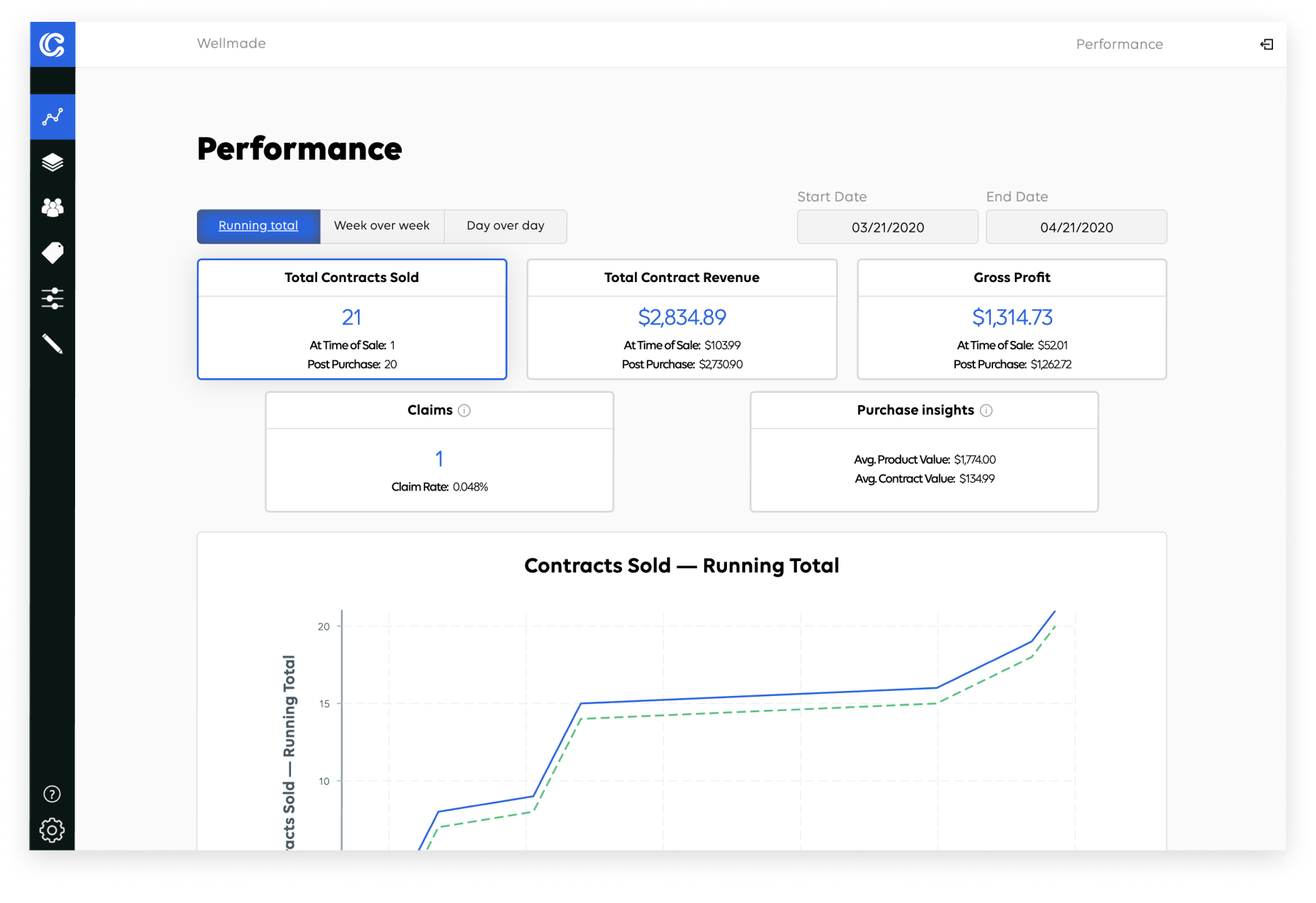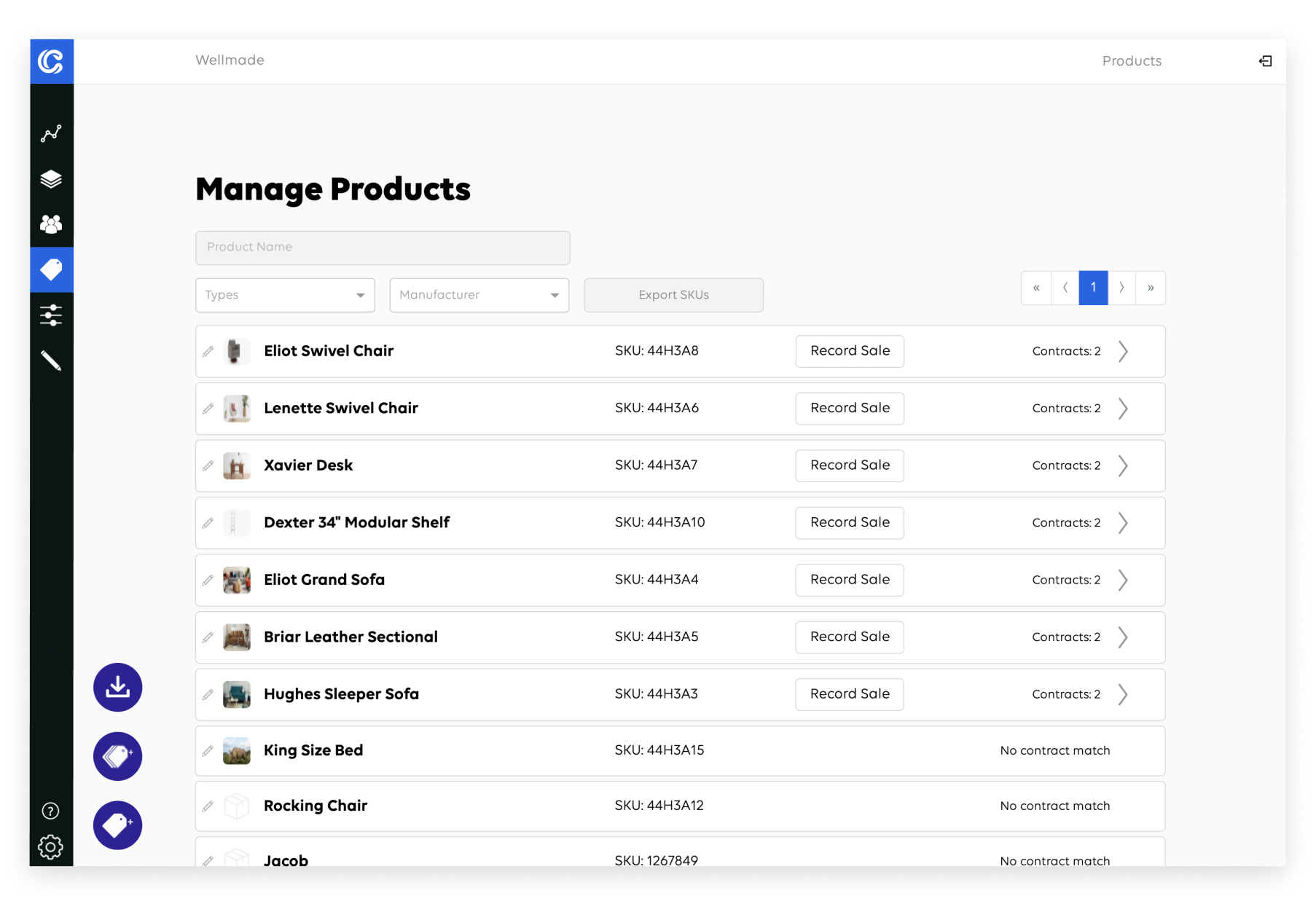This is one [expletive deleted] tough time to be an early-stage startup founder. But giving up simply isn’t part of startup DNA. Instead, it’s time to do whatever it takes to catch the eyes and imagination of investors, media and other tech and business influencers. Here’s an easy way to begin. Apply to be a TC Top Pick at virtual Disrupt 2020.
What’s a TC Top Pick? It’s an early-stage startup that passed rigorous scrutiny by TechCrunch editors with an eye for innovation and potential. The fortunate few to earn that designation win a free Digital Startup Alley Package, tons of exposure to investors and media, plus a bunch of other bennies designed to help you survive and thrive — even in tough times.
Here’s how it works. You’re eligible to apply if your pre-Series A startup falls into one of the following categories.
Social Impact + Education, Space, Artificial Intelligence + Machine Learning, Biotech + Healthtech, Enterprise + SaaS, Fintech, Mobility, Retail + E-commerce, Robotics, Hardware + IOT, and Security + Privacy.
TechCrunch editors will choose up to three startups in each category. Each Top Pick receives a Digital Startup Package, which lets three people exhibit from anywhere in the world. And since everyone wants to know who made the grade as a Top Pick, you can expect lots of requests for 1:1 virtual demos and video meetings with investors, media, potential customers, folks interested in collaborating — you name it. And you’ll have months to pitch and network.
Here’s another giant advantage: TechCrunch will conduct a virtual video interview for each Top Pick startup and promote the videos across our social media platforms — driving traffic to your website. Your video will make an excellent conversation starter and long-term marketing tool.
We’re not done with all the Startup Alley exhibitor perks and opportunities. You get exclusive access to the Leading Voices Webinar series. You’ll hear the brightest industry minds discuss ways to adapt during and after this pandemic.
All that networking will be a lot easier and more efficient with CrunchMatch, TechCrunch’s AI-powered networking platform. It helps you find and connect with like-minded investors, founders and other startup influencers. Save time by networking only with people who can move your business forward.
Pour yourself something tasty, join the Pitchers and Pitches webinars and fine-tune your pitch with the TechCrunch editorial team that coaches the Startup Battlefield competitors.
Don’t let hard times drive your dream into a ditch. Do what it takes to place your startup in front of the influencers who can help you succeed. You have nothing to lose and everything to gain. Keep moving forward and apply to the TC Top Picks program.
Is your company interested in sponsoring or exhibiting at Disrupt 2020? Contact our sponsorship sales team by filling out this form.


